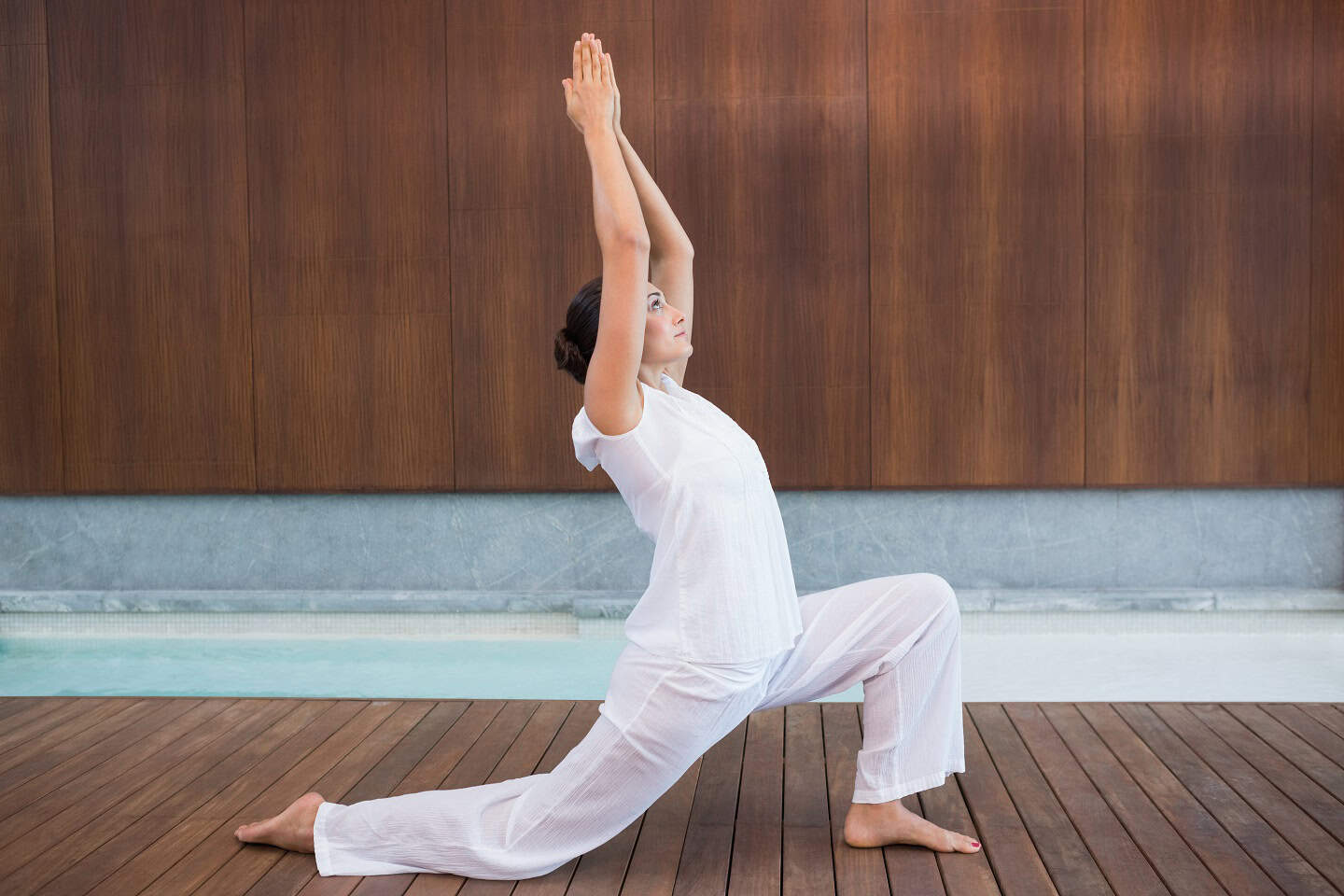
Tai Chi after Brain Injury
“Tai Chi Chuan, the great ultimate, strengthens the weak, raises the sick, invigorates the debilitated, and encourages the timid” – Cheng Man-ch’ing
I recently attended a six-week programme of Tai Chi with fAABI (Friends of Attend ABI) – a charity that aims to improve the lives of those affected by brain injury.
Tai Chi is something I’d always been interested in trying. I’d heard people talk about the positive impact it can have both physically and mentally and when I saw that fAABI was offering this to its members, I decided to give it a go.
I had a vague idea of what Tai Chi involved before starting the programme and I did some online research beforehand to gain a better understanding. I learnt that Tai Chi was originally developed as a martial art in 13th Century China, and is now practised around the word as a health-promoting exercise. Often described as meditation in motion, Tai Chi combines deep breathing and relaxation with gentle, flowing movements.
The programme I joined consisted of weekly one-hour virtual sessions over the course of six weeks, led by Jane Ward, a former nurse who has spent many years studying and teaching Tai Chi. Due to lockdown restrictions, the sessions took place remotely via Zoom.
The sessions catered to those with varying abilities, with props encouraged to aid balance if necessary – and substitute moves recommended where certain postures were difficult to achieve. Body posture and movement were not the only focus of the sessions – there was a real emphasis on breathing and relaxation too.
Research has been carried out on the impact of Tai Chi on traumatic brain injury symptoms, with one study finding that it was associated with decreases in sadness, confusion, anger, tension and fear, and increases in energy and happiness. Research also finds that Tai Chi can be particularly helpful for those with brain injuries as it is gentler and lower impact than other forms of exercise and puts less strain on the body. This makes it more accessible to those with reduced mobility.
During the sessions, I was able to see and experience the benefits of Tai Chi first hand. Personally, it gave me the opportunity to relax and unwind at the end of my working day – and I definitely felt a sense of calm following the sessions. I could clearly see the benefits it gave to others too – the sessions brought people together which was particularly important during a period of national lockdown. In a survey commissioned by Headway, 64% of those living with the long-term effects of brain injury reported a deterioration in their mental health as a result of the measures implemented to control the spread of COVID-19 and 65% reported feeling isolated as a result of lockdown.
Although COVID-19 restrictions have since been lifted, the social aspect that Tai Chi offers for brain injury survivors cannot be understated. As fAABI point out, it offers an environment which enables people to build strong relationships with those who have also experienced a similar journey. Sharing such an experience boosts morale and also helps people living with the effects of brain injury to build confidence to take steps further into their recovery.
fAABI offer regular Tai Chi courses, and further details can be found on their website. By joining their mailing list you can automatically receive email updates about these courses, as well as other fabulous events and workshops they are holding.










